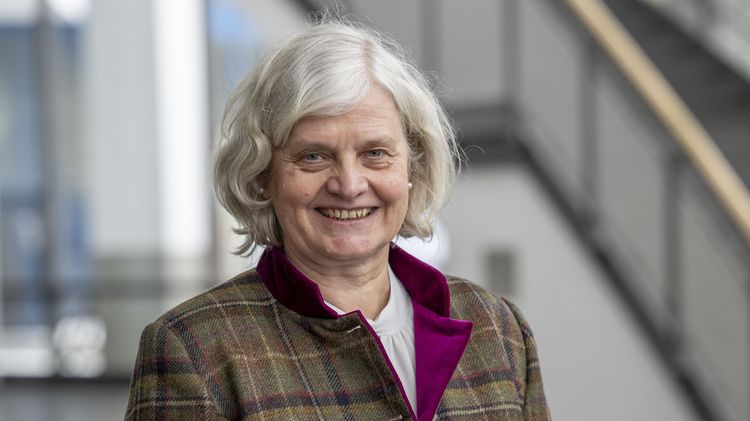How can science fulfil its social responsibility?
How can science fulfil its social responsibility?

More freedom, more courage for unusual ideas – this is what Katharina Al-Shamery would like to see from the German science system.
“Our society has reached a turning point: the global population is continuing to grow, resources are limited, and we are already feeling the effects of climate change. If we want to live decent lives on this planet fifty years from now, we need to find solutions. Science bears a responsibility here. And there is also growing pressure from society for research to contribute to achieving the United Nations’ Sustainable Development Goals.
In my field, physical chemistry, one of the main objectives now is to make production processes more sustainable and socially equitable. This means, among other things, designing circular processes for the chemical industry and obtaining energy from renewable sources while developing new, efficient materials from chemical elements that are widely available on our planet and are not extracted under inhumane conditions.
To achieve all this, we need more freedom and more courage to embrace unusual ideas. Up to now our German system has mainly promoted incremental progress. New projects are based on the corresponding years of preliminary work. But we should support more projects that might have a high risk of failure, but which, if successful, will produce genuine innovations.
At the same time, we researchers and lecturers must ensure we keep up to date with the latest methods. Artificial intelligence, for example, will become an important tool for research. We cannot afford to stand still. This is the only way we can we react flexibly to developments in society.”
